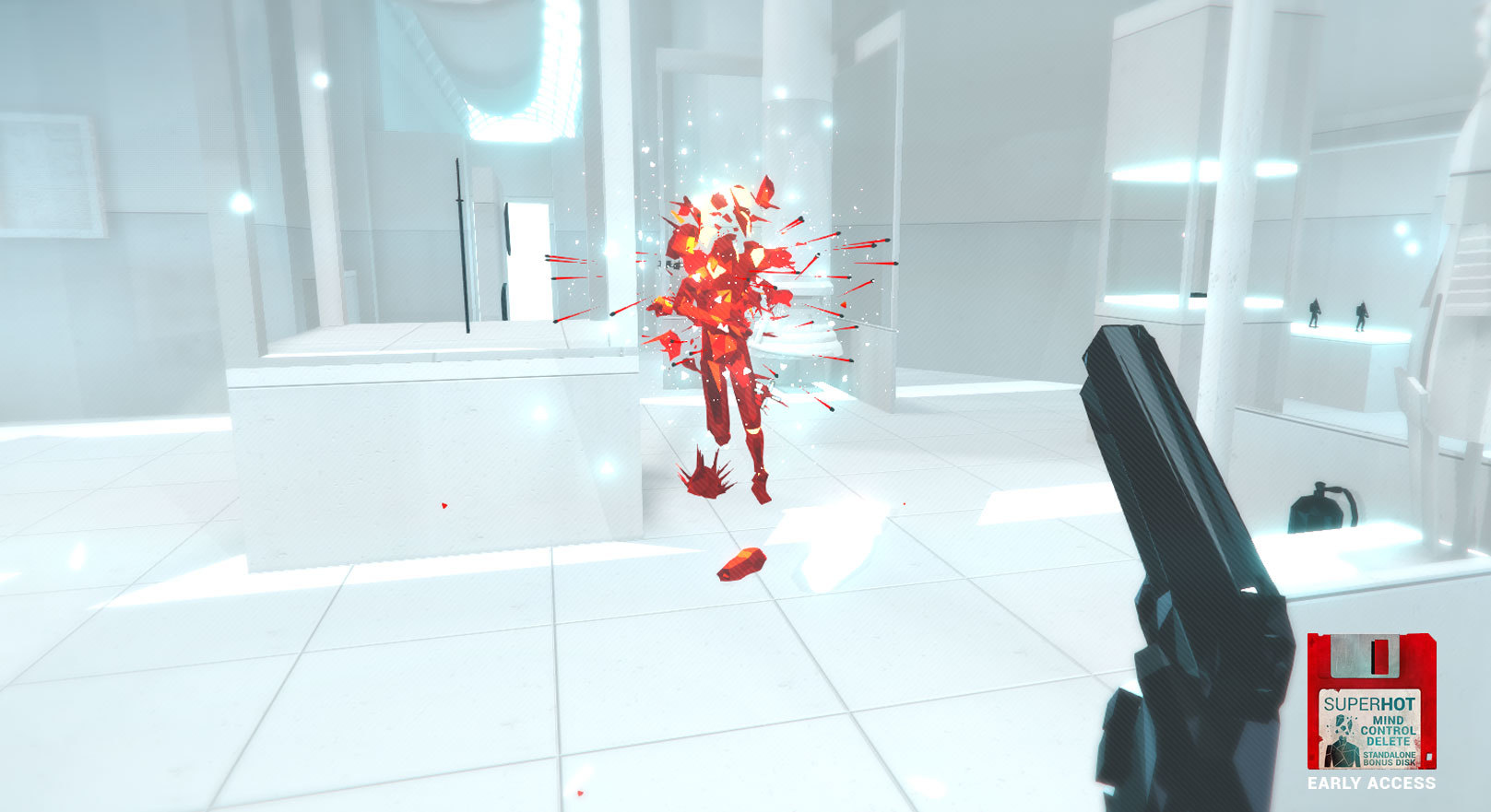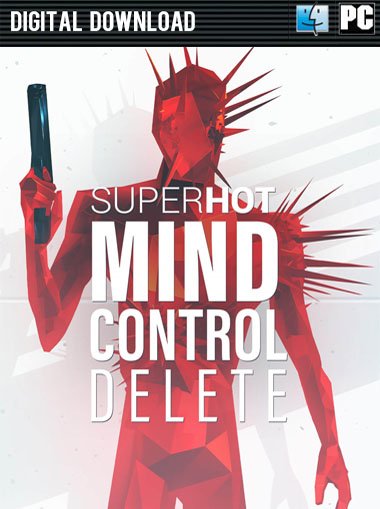

The two previous games told their stories in vague slices, but they were there, taking the player through partially abstract stories of brainwashing, violence, and a program that just might be sentient. The game still takes skill and thought, but I couldn’t help miss those eureka moments of “ah, that’s what you wanted me to do here!” While it’s still a blast to play, it can be frustrating when a particular node deals you a bad hand that you couldn’t do much about. This takes some of the puzzle-like critical thinking involved with gameplay away, though there’s still plenty of strategy and thinking required. Instead, a number of environments like “casino,” “dojo,” or “club” are populated by random items, enemies, and player spawns. In Mind Control Delete, the node-based gameplay means that there are way too many levels to handcraft. So this is why the game is sure to be controversial among fans- along with this deluge of tweaks and additions, the game loses its charm as a narrative “campaign.” In Superhot, each level was a hand-crafted puzzle with enemies and items placed intentionally, imploring players, upon death, to reconsider what they missed and what they could have done differently. Plus, since ability choices reset for each node, there’s no reason not to experiment and see what happens.
#Superhot mind control delete price drop series#
These changes don’t change the flow of combat series veterans will be used to, expertly slipping in to provide the player with opportunities to customize their kit to suit their preferred playstyle. These abilities are much stronger, granting resources like extra lives or superpowers like an instant dash-to-enemy or Mjolnir-like after-throw katana retrieval. More abilities are added to the pool of possibilities as players clear nodes in the grid, as are stronger core abilities that persist throughout all levels in the present node. Furthermore, each node acts as a mini RPG, letting players pick perks every other win or so that grant abilities like a starting weapon, more health, or faster movement speed. Each node has a handful of levels, with death only resulting in a node restart, not the whole game (similarly to Superhot VR, only with a visual element to progression added in). Instead of a linear campaign, Mind Control Delete presents a sprawling set of nodes that can be unlocked and played in any branching order. These enemies can be hit anywhere to instigate a weapon drop, but only hits to the red will take them out for good. Now, some enemies are made of the same while polygons the environments are, with only a limb or their torso glowing red. In the past, featureless, all-red enemies died with hits to any part of their bodies. The exception is the katana, which enemies will now use to deflect bullets and thrown objects.

There are some new melee and thrown weapons, too, which function similarly to others have in the past. There’s a laser gun that pierces multiple enemies and shoots quickly, the beam traveling much more quickly than a bullet. That gameplay is unchanged in Mind Control Delete, with the exception of a few different AI behaviors, objects, and something called core abilities.


Dropped into various diverse environments packed with weapon-touting enemies, players harness their inner Neo or Jason Bourne to dodge bullets, blast baddies, and use everything in the environment as to wreak havoc. The premise is simple: time only moves when you do. It is, in my opinion, the most inventive shooter of the past decade, and it’s core gameplay has remained largely unchanged in Mind Control Delete. If you haven’t played the original Superhot (and the completely separate Superhot VR, if you’ve got the gear), go and play them instead of reading this review. The result is an experience not necessarily better or worse than the base game but instead a horizontal move that’s sure to please some and disappoint others depending on what they liked about Superhot in the first place. Nestled somewhere in-between the terms “sequel” and “expansion,” Mind Control Delete takes the Superhot series forward in some regards but backwards in others. Superhot: Mind Control Delete is a strange game in a strange franchise.


 0 kommentar(er)
0 kommentar(er)
